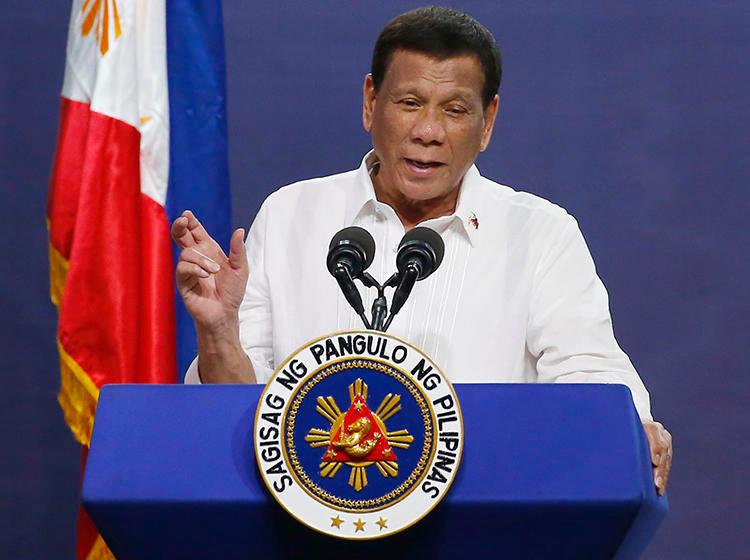The Philippine government has ordered people to wear face shields in addition to masks at work and on public transport in order to help contain the spread of the coronavirus, officials said on Friday.
The policy affecting drivers and passengers on public transport as well as all employees at their work place is to take effect on Saturday.
“Face shields and masks should always be worn together when interacting with colleagues, clients and/or visitors,” according to a message signed by the Department of Labour and the Department of Trade and Industry.
“Face shields may be removed according to the demands of the work or when the occupational safety and health of the employees so requires,” the circular said.
The Department of Transportation said public vehicles would be in breach of their franchise if they allowed on passengers without wearing face shields on top of the masks.
The additional protocol was imposed after the department of health noted that people leaving their homes to work was causing a lot of new infections.
The department of health on Friday reported 6,216 additional coronavirus infections in the Philippines, bringing the national tally to 153,660, the largest caseload in South-East Asia.
The death toll also rose to 2,442, with 16 new fatalities reported, it added.
The capital region of Metro Manila and four surrounding provinces were placed under lockdown again until Aug. 18, after coronavirus infections spiked following the easing of restrictions in a bid to boost the economy.
On Friday, President Rodrigo Duterte ordered the opening of school classes to be deferred to Oct. 5, according to a memorandum issued by Executive Secretary Salvador Medialdea.
School in the Philippines traditionally starts in June, but authorities had pushed the opening to Aug. 24.
Duterte has ruled out in-person lessons until a Covid-19 vaccine is available.
Education Secretary Leonor Briones said the new postponement would give the country’s education system more time to deal with the “logistical limitations” areas placed under lockdown were facing.
Learning would instead take place at home, either online, via television, radio or printed materials.
Major educational challenges included the lack of devices for students and teachers, as well as the dismal state of internet connectivity in many places in the Philippines, especially in remote communities.
Meanwhile watch this short video and don’t forget to subscribe.



